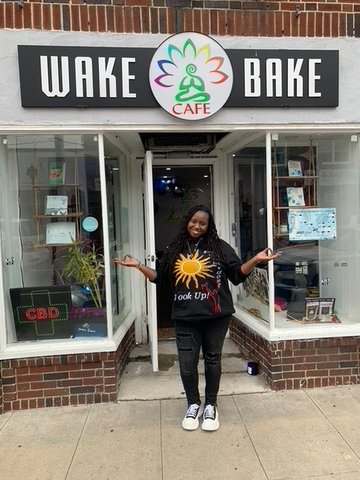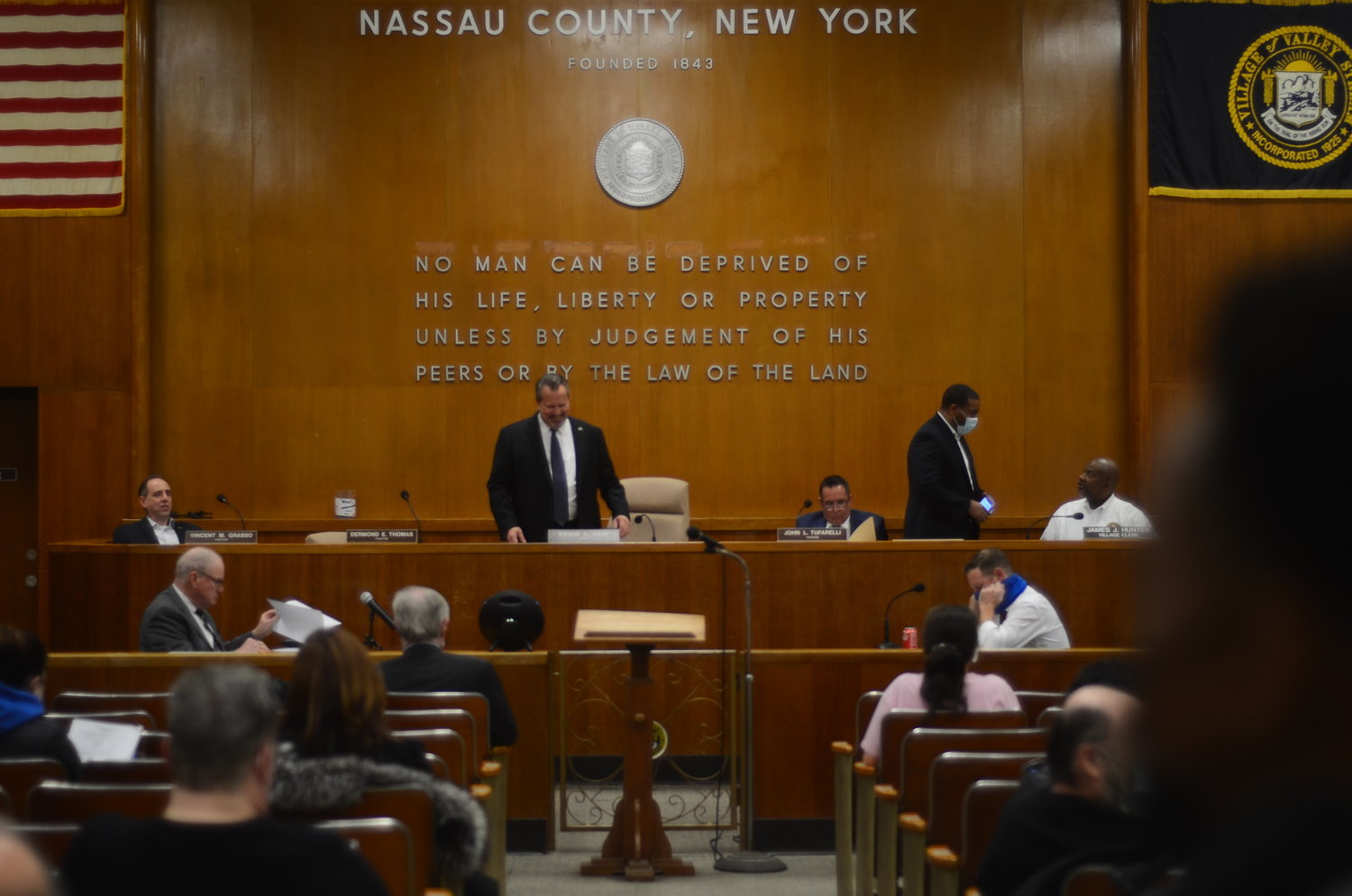Cannabis licenses are coming
First licenses will go to those with records
Now that recreational cannabis is legal in New York, the question is how those who want marijuana can actually get it.
If you’re someone with a past marijuana conviction — or related to someone who has that kind of record — you could be first in line to obtain the first 100 or so marijuana retail licenses set to be handed out this year.
As long as you don’t plan to set up shop in Valley Stream. Village officials opted out of allowing retail sales of cannabis within their borders.
Gov. Kathy Hochul, on the other hand, described the overall legalization of cannabis sales as a way of “righting the wrongs of the past” by allowing those disproportionately affected by years of narcotics policing to be the first to benefit from a new direction.
The new regulations “prioritize local farmers and entrepreneurs,” the governor said in a statement, “creating jobs and opportunity for communities that have been left out — and left behind.”
Jessica Naissant counts herself among those left out and let behind. Today, the 28-year-old entrepreneur owns Wake and Bake Café, a cannabinoid dispensary on Rockaway Avenue. But in 2018, she found herself on the wrong side of law enforcement when
police caught her carrying recreational marijuana.
Naissant was a pre-med college student driving to class one day when, she said, a police car tailed her for about 15 minutes through Nassau County roads before pulling her over. The officer claimed her multiple book bags looked suspicious, and searched the car.
He arrested her, charging her with possession. Rather than go to class that day, she went to jail.
Naissant, who is Black, says encounters with law enforcement like hers are common among minorities.
“My case is not unique at all,” she said. “There is a consistent and constant over-policing of Black people and Latino people in New York, and across the country.”
Lawmakers have argued that marijuana laws disproportionately target Black and Latino populations, even though white communities used the drug at similar, if not higher, rates.
Now Naissant plans to get first dibs at one of those marijuana licenses — albeit for somewhere other than Valley Stream — seeing it as a way to remedy the harm she suffered years ago.
“I like to use the term ‘reparations’ in the sense of social equity, for people who have been wronged by the war on drugs,” she said.
But Naissant says she was one of the lucky ones. At cannabis equity groups, she often hears what she de-scribes as “horror stories” from those who got prison sentences of 20 years or more for non-violent pot charges. Unlike many others convicted of marijuana-related offenses, she could afford a lawyer and fight her case.
“People in the city don’t have that” option, she said. “Nine times out of ten, they’re relying on a public defender that has a hundred cases. I came out better than a lot of people.”
Charlene Ali, a longtime advocate of recreational and medicinal marijuana, petitioned village officials to reverse their decision and allow recreational cannabis sales.
“Making those licenses available to legacy market operators is definitely a step in the right direction,” she said.
And Ali hopes the success of surrounding communities that allow such retail options might convince Valley Stream to reverse course.
Village officials did not return repeated requests for comment.
Naissant won’t be sticking around to find out.
“I feel like the community is not accepting of change,” she said, expressing gratitude to Hochul for making social equity a focus of cannabis legalization in the state.
“I’m actually very appreciative of Governor Hochul and her actually taking the steps to right the wrongs that have been made for decades.”

 50.0°,
Overcast
50.0°,
Overcast 








